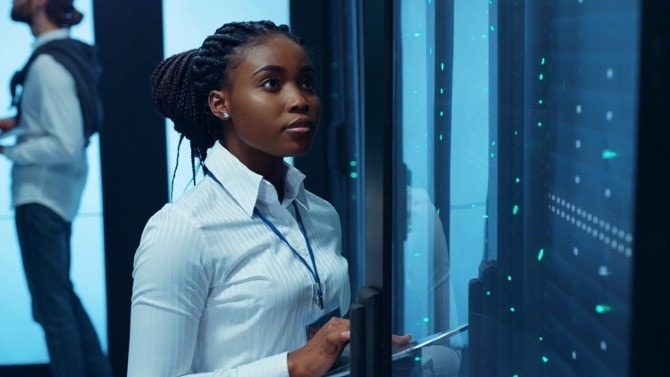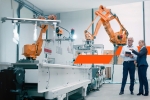Today’s issues At PwC, we offer data-driven insights on the biggest issues facing the C-suite. From business transformation and ESG to risk and regulation and building trust, we can help you achieve growth and value in a challenging business landscape.
Today’s issues

Navigating tomorrow: transform, sustain, comply, trust
In a world where change is constant, businesses face unprecedented challenges. From adapting to economic shifts to navigating a complex web of risks and regulations, the path forward is fraught with obstacles—and opportunities. Leveraging our tech-powered expertise and global network, we help guide leaders through finance, HR and front office transformations, champion ESG goals for a sustainable future, ensure compliance with evolving regulations like DORA, NIS2, the Individual Accountability Framework and the EU AI Act, and build trust through AI and CSRD. Explore our dedicated webpages below to discover how we can help you innovate and lead with confidence.

Business Transformation
We understand you want a transformation partner to go the whole distance. We can help you take on the demands of today and prepare for the challenges of tomorrow.

ESG
ESG criteria are key to creating value and growth while improving the environment and society. Let’s work together to make your ESG actions count.

Risk and Regulation
Risks are more interconnected than ever but with the right insights, you can build your company’s risk resilience and drive sustained outcomes.

CSRD
With new Corporate Sustainability Reporting Directive (CSRD) requirements, traditional financial data is no longer enough for decision-making.

Reinvention
Reinvent your business with PwC Ireland. Explore key client priorities like XaaS, digital products and ecosystems to drive AI-powered growth and innovation.

The PwC Leadership Exchange
Explore your organisation’s most critical issues, from business transformation and ESG to technology and AI, and turn them into actionable strategies.


Budget 2026
Discover PwC Ireland’s Budget 2026 strategy for Ireland: boosting competitiveness, reforming tax and driving sustainable growth in an evolving global economy.
Thought Leadership
Explore our expert guidance on all aspects of business.
Contact us











Menu